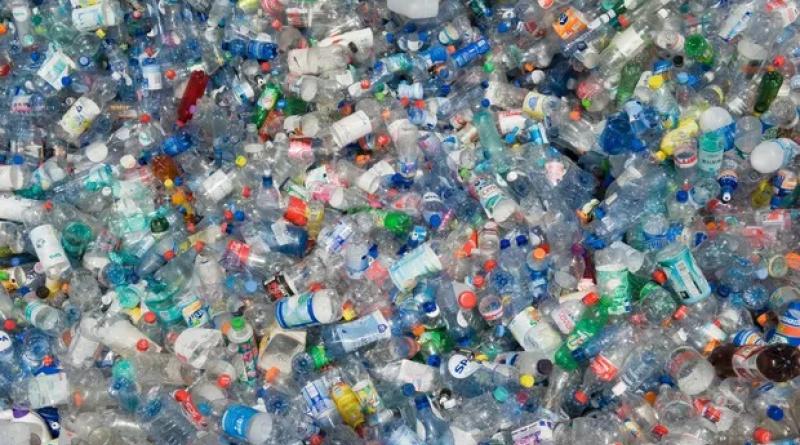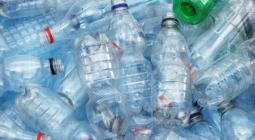Whisper it, but the boom in plastic production could be about to come to a juddering halt

Plastic production has soared some 30-fold since it came into widespread use in the 1960s. We now churn out about 430m tonnes a year, easily outweighing the combined mass of all 8 billion people alive. Left unabated, it continues to accelerate: plastic consumption is due to nearly double by 2050.
Now there is a chance that this huge growth will stop, even go into reverse. This month in Paris, the world’s governments agreed to draft a new treaty to control plastics. The UN says it could cut production by a massive 80% by 2040.
Such a treaty – scheduled for agreement next year – cannot come soon enough.
The amount of plastic dumped in the oceans is due to more than double by 2040. Producing single-use plastic alone emits more greenhouse gases than the whole UK. And microplastics have been found in human blood, lungs, livers, kidneys and spleens – and have crossed the placenta. No one knows the full effects on the planet – or the impact of the 3,200 potentially harmful chemicals in plastics on our health.
Governments finally began to call a halt in March last year, resolving to “end plastic pollution” at a meeting of the United Nations Environment Programme (UNEP) and calling for a series of negotiating meetings on a possible treaty. The recent meeting in Paris was the second such “plastic summit”. Three more are scheduled before the end of next year.
Whisper it, but – with hard work, determination and a lot of good luck – the plastics treaty might join the Montreal protocol on substances that deplete the ozone layer as a landmark success in environmental diplomacy.
It has several important advantages. It is backed by immense public concern – uniting a whole range of issues from litter to the oceans, human health to climate breakdown – which can be translated into political pressure. And no new technology is needed: UNEP says the 80% reduction can be achieved using proven practices.
These include simply eliminating much unnecessary single-use plastic packaging, ensuring reuse, and replacing many instances of plastic use with more sustainable biodegradable materials. Governments could also discourage the production of new plastics by taxing it and removing industry subsidies.
Crucially, like the negotiations over ozone, it has some strong business support. A 100-strong Business Coalition for a Global Plastics Treaty – which includes giant users of plastics such as Unilever and Coca-Cola – is pressing for tough regulatory measures.
And, as in recent successful UN agreements, an alliance of governments committed to change is leading the charge. This High Ambition Coalition includes all G7 countries except Italy and the US. Importantly, Japan – which had opposed a strong treaty – recently switched sides to join it.
UNEP also has a good record of cementing treaties. It has brokered a host of pacts, covering issues from wildlife to toxic wastes, and the historic Montreal protocol.
That protocol – the first treaty to be ratified by every country on Earth – has phased out the use of nearly 100 substances that attack the planet’s protective ozone. As a byproduct, it has done more to slow climate breakdown than any other international agreement, since many of those substances also heat the atmosphere.None of this means it will be easy. When I was reporting the story, I was told that agreeing the Montreal protocol was so dicey that the text could not immediately be translated from English into the other five official UN languages for fear of upsetting its delicate verbal compromises.
Weighty, determined opposition to radical measures comes from a powerful minority of plastic-producing countries including China, India and the US. And companies that have obstructed action on global heating are mobilising. Ninety-nine per cent of plastics are made with fossil fuels and the industry is determined to expand their production to offset what it is losing to clean sources of energy.
There are three main sources of contention. The majority of countries want binding global rules, while their opponents insist on voluntary ones. Most countries want to limit plastics production and ban dangerous substances, while the manufacturers focus on recycling what is produced.
And the majority want decisions to be made by vote, while many of those opposed want to keep a veto by demanding consensus. This issue held up substantive talks in Paris for two days, and is still unresolved. And beyond all this lies the ever-thorny question of who will pay for the change.
All in all, some kind of treaty is likely to emerge. How strong and effective it is will depend on how these issues are settled.
cover photo:Plastic consumption is due to nearly double by 2050.’ Photograph: Westend61/Getty Images






